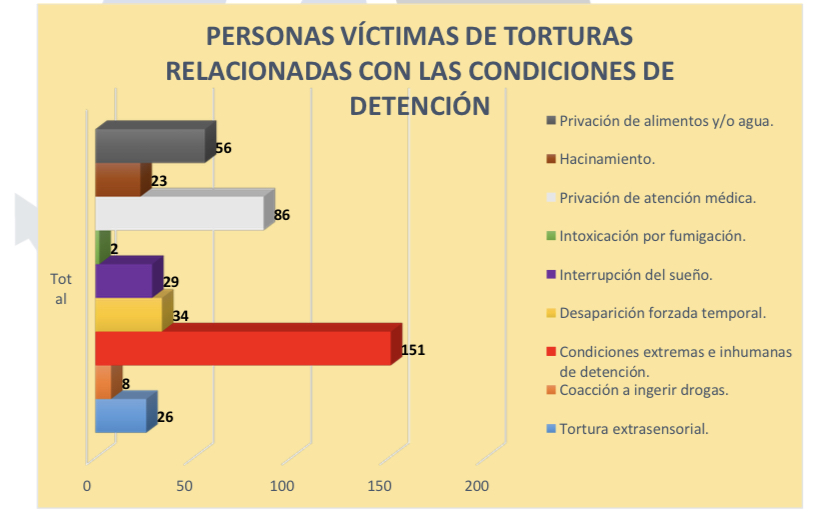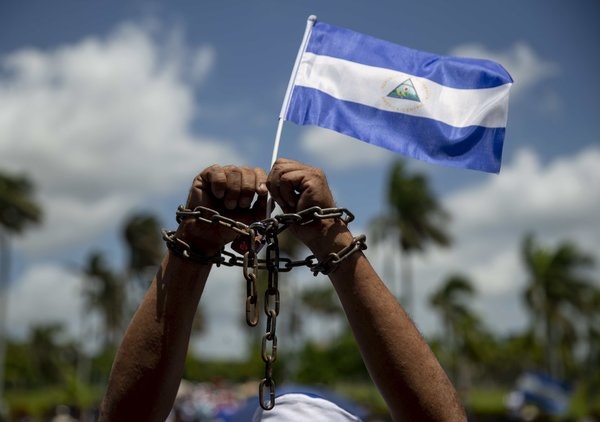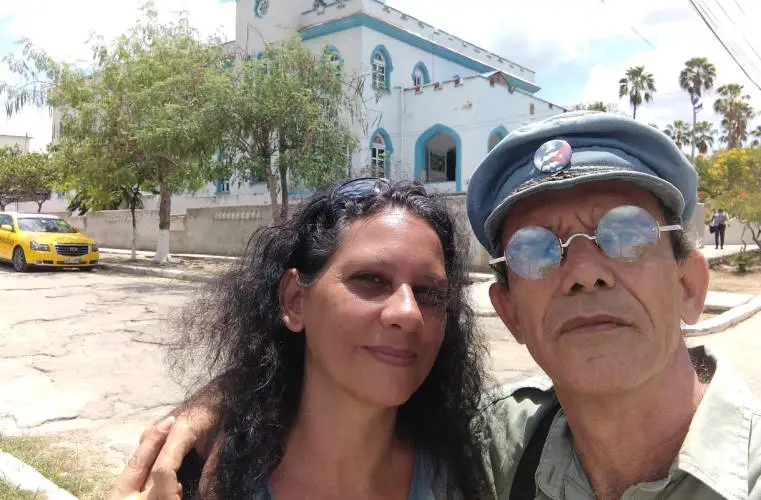The 8th report of the Nicaraguan Observatory against Torture of the Human Rights Collective Nicaragua Nunca Más indicates that in the country’s prisons political prisoners are subjected to “an extremely violent, dehumanizing, strategic and conscious state practice designed to convey a message to all a social body.
The human rights organization documented a total of 158 cases of political prisoners who have been imprisoned in the context of the sociopolitical crisis since 2018.
Of the total number of documented cases, 111 people were detained in at least one police center other than “El Chipote” and 13 of them were detained in two different police centers.
Related news: Prison, torture and exile, Ortega’s recipe for opponents
It is identified that acts of torture were committed in various police centers in at least 29 municipalities, located in 14 departments of the country.
Negative effects due to torture
The practices of torture, cruel, inhuman and degrading treatment were prolonged isolation that was accompanied by inhuman conditions of detention, as well as deprivation of food, lack of access to drinking water and the impossibility of accessing reading material, receiving news from the outside world. , among other.
The political prisoners presented symptoms of despair, discouragement and depression combined with the interrogations, as a form of constant pressure. “The police agents tried to inflict the greatest possible physical suffering on the political prisoners, for which they used various torture techniques,” the report indicates.
“Each of the various forms of torture that political prisoners have suffered and continue to suffer have negative effects on their overall health. Regardless of the different modalities used in the stages of repression,” the report highlights.
destruction of personality
The document points out that the change in torture in the country has not reduced the suffering of political prisoners, but rather, on the contrary, has led to “a policy of destroying the personality of detainees, sustained in time, which could imply more lasting consequences in people.

«Isolation produces sensory deprivation, that is, the brain stops receiving sensory, social, emotional, affective stimuli and begins to function at its lowest capacity, it makes people more suggestible, anxiety, irritability, even hallucinations occur. and psychotic symptoms,” he says.
“Both the practice of torture and the deprivation of medical care have caused a constant deterioration in the health of torture survivors,” he adds.
The perpetrators of torture
The agency reports that the chain of command identified in the National Police is very broad and complete, because they identified among the perpetrators officers from the lowest rank to the highest rank within the institution, this being First Commissioner Francisco Díaz, who was denounced. on one occasion for making threats against a political prisoner.
In addition, the report identified nine police commissioners and six mayors of departmental capitals who carried out acts of surveillance, threats, and even ordered the arrest of certain people.
“The way of acting and the number of perpetrators show a State policy aimed at guaranteeing a widespread and systematic practice of arrests and torture (which had) all the support of the state apparatus dedicated to repressing and monitoring people. considered as opponents,” he warns.
“The systematic nature of torture necessarily implies the involvement of a large number of people, who must process the information, make decisions and order or allow torture, especially when it is carried out in a generalized way,” he adds.
The Collective concludes that in Nicaragua a systematic persecution, criminalization and punishment is maintained, for which there is a whole state and para-state machinery that by action or omission are also responsible for crimes against humanity and in the specific case of the international crime of torture, cruel, inhuman and degrading treatment, extreme method of terror and part of the serious violations of human rights, to the detriment of the Nicaraguan population.

















